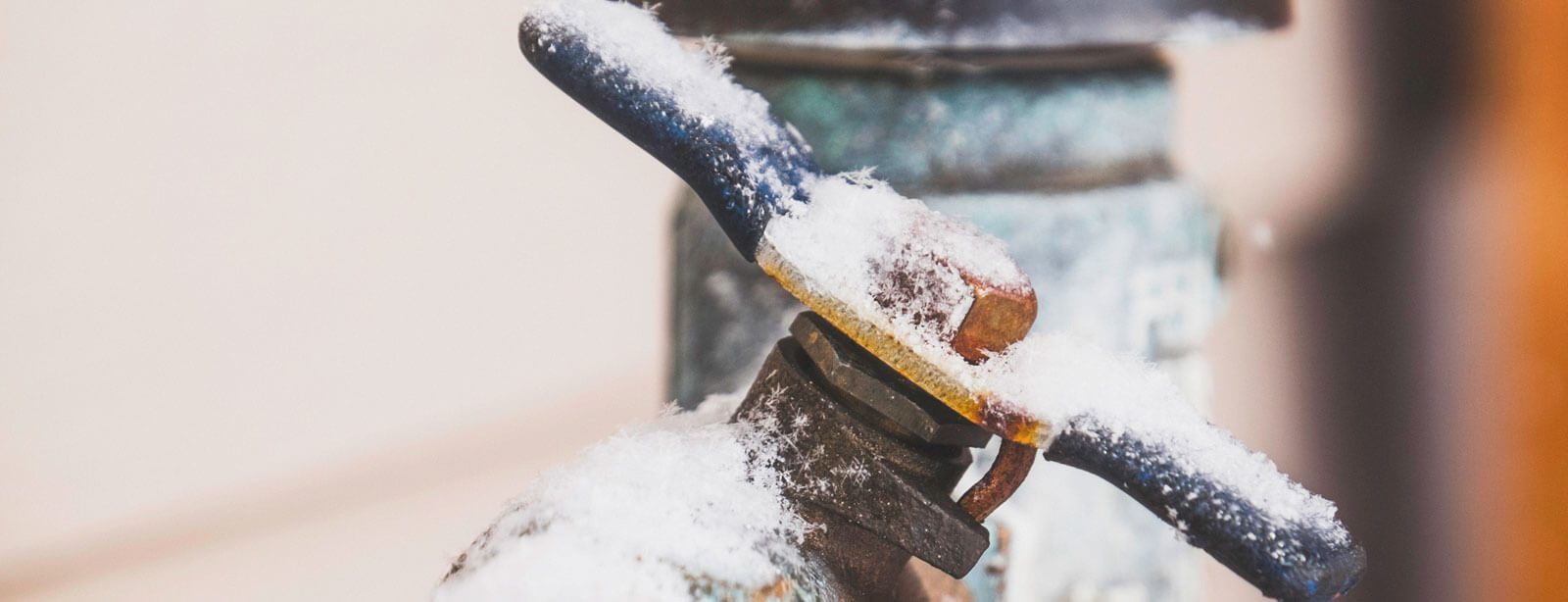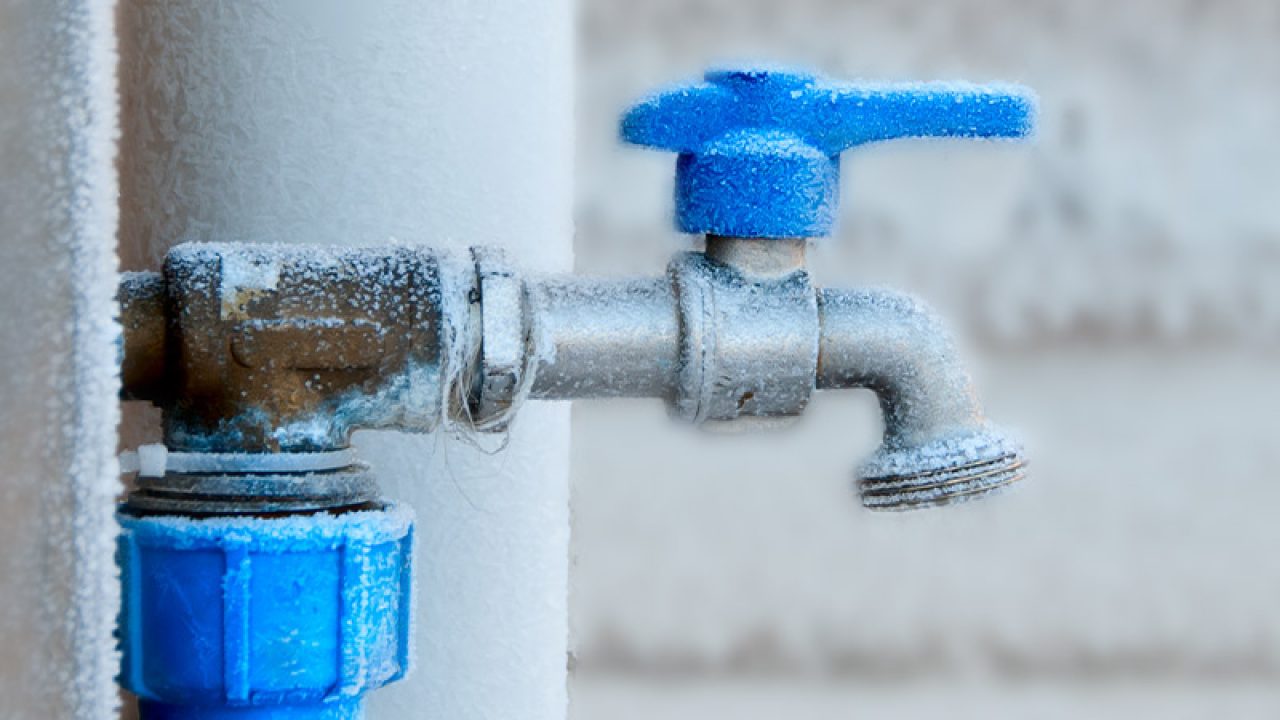Protecting Pipes from Freezing Damage: Essential Tips
Protecting Pipes from Freezing Damage: Essential Tips
Blog Article
They are making a few good annotation on the subject of 6 Ways to Prevent Frozen Pipes in general in this post below.

Winter can ruin your pipes, specifically by freezing pipelines. Right here's exactly how to prevent it from happening and what to do if it does.
Introduction
As temperature levels decline, the risk of frozen pipelines rises, possibly resulting in expensive fixings and water damages. Understanding how to prevent frozen pipes is vital for home owners in chilly climates.
Comprehending Frozen Pipes
What creates pipes to ice up?
Pipes freeze when revealed to temperatures listed below 32 ° F (0 ° C) for extended periods. As water inside the pipelines ices up, it expands, taxing the pipeline wall surfaces and possibly causing them to break.
Dangers and damages
Icy pipelines can lead to water interruptions, residential or commercial property damages, and expensive repair work. Ruptured pipes can flood homes and trigger considerable structural damages.
Signs of Frozen Water Lines
Recognizing icy pipelines early can stop them from breaking.
Just how to determine icy pipes
Look for decreased water circulation from taps, unusual odors or sounds from pipes, and visible frost on revealed pipelines.
Prevention Tips
Shielding prone pipes
Cover pipelines in insulation sleeves or use warmth tape to safeguard them from freezing temperatures. Concentrate on pipes in unheated or outside areas of the home.
Heating strategies
Keep indoor spaces adequately heated up, especially locations with plumbing. Open up cabinet doors to permit warm air to flow around pipes under sinks.
Securing Outdoor Plumbing
Yard hose pipes and outside faucets
Detach and drain pipes yard hose pipes prior to winter. Set up frost-proof faucets or cover exterior faucets with protected caps.
What to Do If Your Pipes Freeze
Immediate actions to take
If you think frozen pipelines, keep faucets available to eliminate stress as the ice melts. Make use of a hairdryer or towels soaked in warm water to thaw pipes slowly.
Long-Term Solutions
Architectural changes
Consider rerouting pipes away from exterior walls or unheated areas. Include added insulation to attic rooms, cellars, and crawl spaces.
Updating insulation
Purchase top notch insulation for pipes, attic rooms, and walls. Proper insulation aids maintain regular temperatures and reduces the danger of icy pipes.
Verdict
Stopping icy pipes calls for proactive procedures and fast reactions. By recognizing the reasons, signs, and safety nets, home owners can safeguard their plumbing throughout winter.
Helpful Tips to Prevent Frozen Pipes this Winter
UNDERSTANDING THE BASICS: WHY PIPES FREEZE AND WHY IT’S A PROBLEM
Water freezing inside pipes is common during the winter months, but understanding why pipes freeze, and the potential problems it can cause is crucial in preventing such incidents. This section will delve into the basics of why pipes freeze and the associated problems that may arise.
THE SCIENCE BEHIND FROZEN PIPES
When water reaches freezing temperatures, it undergoes a physical transformation and solidifies into ice. This expansion of water as it freezes is the primary reason pipes can burst. As the water inside the pipe freezes, it expands, creating immense pressure on the walls. If the pressure becomes too great, the pipe can crack or rupture, leading to leaks and water damage.
FACTORS THAT CONTRIBUTE TO PIPE FREEZING
Low Temperatures: Extremely cold weather, especially below freezing, increases the risk of pipes freezing. Uninsulated or Poorly Insulated Pipes: Pipes located in unheated areas, such as basements, crawl spaces, or attics, are more prone to freezing. Insufficient insulation or lack of insulation altogether exacerbates the problem. Exterior Wall Exposure: Pipes running along exterior walls are susceptible to freezing as they encounter colder temperatures outside. Lack of Heating or Temperature Regulation: Inadequate heating or inconsistent temperature control in your home can contribute to frozen pipes. PROBLEMS CAUSED BY FROZEN PIPES
- Pipe Bursting: As mentioned earlier, the expansion of water as it freezes can cause pipes to burst, resulting in significant water damage.
- Water Damage: When pipes burst, it can lead to flooding and water damage to your property, including walls, ceilings, flooring, and personal belongings.
- Structural Damage: Prolonged exposure to water from burst pipes can compromise the structural integrity of your home, leading to costly repairs.
- Mold and Mildew Growth: Excess moisture from water damage can create a favorable environment for mold and mildew growth, posing health risks to occupants.
- Disrupted Water Supply: Frozen pipes can also result in a complete or partial loss of water supply until the issue is resolved.
WHY CERTAIN PIPES ARE MORE PRONE TO FREEZING
- Location: Pipes located in unheated or poorly insulated areas, such as basements, crawl spaces, attics, or exterior walls, are at higher risk of freezing.
- Exterior Pipes: Outdoor pipes, such as those used for irrigation or exposed plumbing, are particularly vulnerable to freezing as they are directly exposed to the elements.
- Supply Lines: Pipes that carry water from the main water supply into your home, including the main water line, are critical to protect as freezing in these lines can affect your entire plumbing system.
- Underground Pipes: Pipes buried underground, such as those connected to sprinkler systems or outdoor faucets, can be susceptible to freezing if not properly insulated.
https://busybusy.com/blog/helpful-tips-to-prevent-frozen-pipes-this-winter/

I discovered that blog posting on Prevent Frozen Pipes when doing research the web. Please pause to distribute this content if you liked it. We recognize the value of your readership.
Schedule An Appointment Report this page